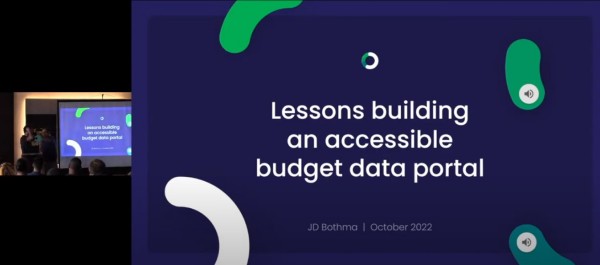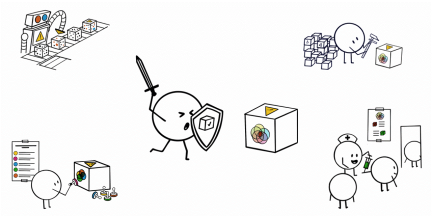South Africa no longer wants to be just a consumer of hi-tech and innovative products. It wants to play an active role in technological research & development to produce such products locally.
This was said by communications and digital technologies minister Mondli Gungubele, who will host communication ministers from the Brics countries in Cape Town on Monday and Friday. The Brics members are Brazil, Russia, India, China and South Africa.
Well, this is really not difficult… You start with seeing where you can actively replace paid subscription based software with tailored free and open source software alternatives, like South Africa was already doing in the mid-2000’s. There is zero need to re-invent the wheel when we already have so much enterprise-ready open source software. In fact, this is exactly what Brazil, China, and Russia have done with their own operating systems (achieved after a previous promise at a Brics summit in Brazil back in the 2000’s). South Africa actually had the Impi Linux OS but abandoned it later in that same decade (other countries followed through while SA lost its perseverance).
There is no question at all that free and open source software actually works. We’ve seen it working in retailers, banks, cellular companies, and governments in Germany and France. You can even have cloud-based services using Nextcloud and similar software.
It all comes down to the WILL to make it actually work, and the PERSEVERANCE to see it through. You’re still going to often use consultants, and internal staff, but your money is going nearly 100% to local economic investment. There will likely still need to be government tenders, but these would be for much smaller amounts, and for ensuring a service level support service when necessary. To sustain open source projects into the future, you also want to make some contribution to the upstream projects, so there is some money that may flow out of the country, but you decide how much, and remember that it is sustaining your product that you want to use into the future.
But yes, not only do you get a free product that you can copy and tailor to your local purposes, but the local industry learns and innovates from that software as well. You’ll also find many start up businesses can kick-start themselves not having to worry about exorbitant software costs, nor lock-in to one vendor’s cloud services.
We’ve long seen that necessity is the mother of invention. When you need something to work, or a problem to be solved, you come up with solutions. Open source software helps enable this through it being able to be adapted. South Africa can rely on learners at school and university level to solve these challenges using cheap Raspberry Pi computers and free software such as Linux, Python, Nextcloud, and numerous other choices. And of course, they learn from this, and can use it in their own future business endeavours.
So let’s see if this is all just political talk, or will we actually see some active projects with real outcomes…





